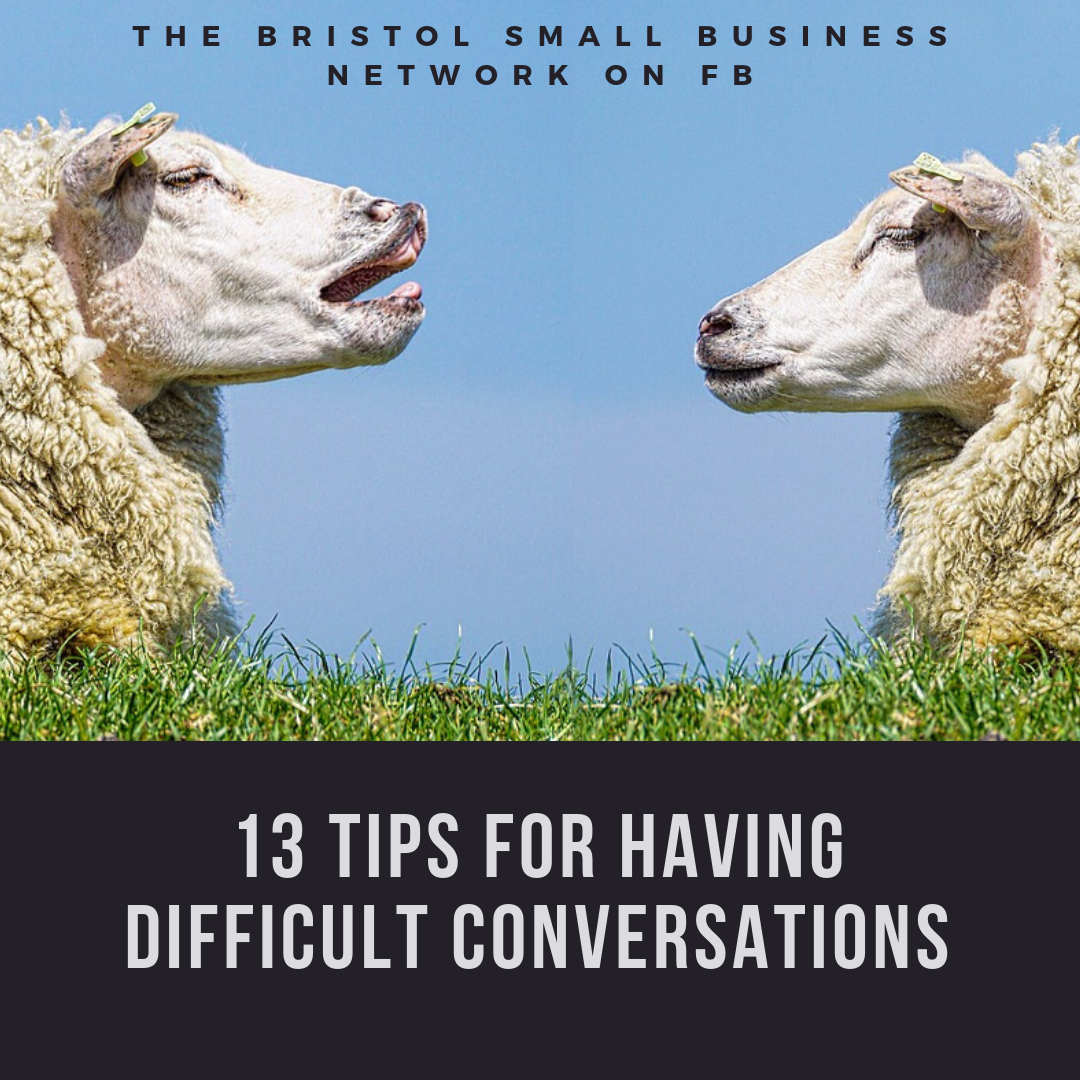Keeping you authentic! Jo x Ridiculously cheap business support for small and micro businesses! JOIN ONE OF OUR MONTHLY MASTERMIND GROUPS FOR JUST £20 AND SUPPORT CHILDREN'S MENTAL HEALTH AT THE SAME TIME!
1 Comment
|
ABout meBusiness & management coach, mentor, trainer, author, speaker, social entrepreneur, (and chief pot and bottle washer!) Categories
All
Archives
March 2024
|
Copyright © 2020



 RSS Feed
RSS Feed